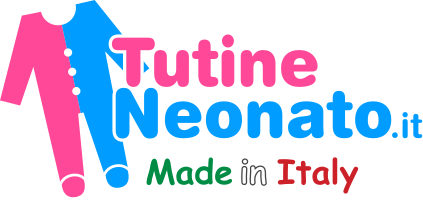Children need rules to grow up, as well as affection

If we talk about "rules", what is the first thing that comes to mind? Try to answer this question before continuing to read this article...
Probably for some of you the rules are equivalent to an authoritarian education that in a certain sense puts some stakes to the freedom of the child; unlike for others the rules can be interpreted as a form of tranquility, guidance and balance; still others the total ineffectiveness of the same because the child must be left free to express himself as he wants thus avoiding any type of childhood trauma.
These answers are equivalent to 3 educational styles, each one different from the other!
Authoritarian form - The rules are established by the parents and therefore must be executed in all respects. The moment the child does not follow the rules to the letter, he or she will receive strict reprimands. This style of education is certainly not good for the child as it reduces initiative and creativity, but at the same time the child tends to obey for fear of reprimand from the parent.
Authoritative form - Consists of an authority so to speak balanced. Parents, in fact, use their authoritarianism and permissiveness in the right ways and in the right proportion. This style of education not only encourages the growth of the educated and respectful child, but also his creativity and freedom of expression. In this case, the reprimand is accompanied by an explanation so that the child can understand where he or she has possibly made a mistake. Unlike the authoritarian form where the reprimand is never followed by an explanation.
Permissive form - Sometimes parents think it's good to let their children free from any form of rule. This style of education is actually the perfect evil because it creates insecurity in children towards the rules and gives rise to hostile behavior towards their peers.
Almost certainly you will have recognized yourself in one of these forms of education listed above. Now, however, try to reflect by helping yourself with the following questions because they can be a valuable tool for making yourself clear.
Do you consider the rules in the education of your little one essential?
How do you feel when you say "no" to your baby?
How does your baby react to a dry "no"?
Without a shadow of a doubt the best way to educate a child is to authoritative type. Only by applying this type of education can a child understand what the rules are and why they must be respected. No" must be present in the life of a child and must be in solidarity. What does solidarity mean? That a mother's "no" must be a "no" for daddy, too. This is to avoid confusing the child. A rule is always a rule.
To give up always means very often to lose control of the situation and to satisfy the child in every way. When this is not always possible.
Therefore, it is very important to know that setting rules is a healthy way to help the child grow stronger and more responsibly. Making people understand a "no" is important because it accustoms them to solve small everyday problems in a completely creative way. Only with the right "no" can a child learn to ask and not to expect, to be wise.
In short, the rules are indispensable and must be the right and balanced rules for a healthy and balanced path.
So yes to the rules!
Lucia Franco
The importance of grandparents and the role of parents
Today, more than ever, grandparents are precious figures for the emotional and relational growth of our children. They offer the child the family continuity that gives the child the certainty of having a precise place in the world..
ReadDigital generations: the newborn and technology
Today's children are born and raised in a digital world, where interpersonal relationships are not only physical, but are connected to the Internet (Skype, Telegram, WhatsApp). We look at children with great amazement for their extreme ability to use a..
Read

